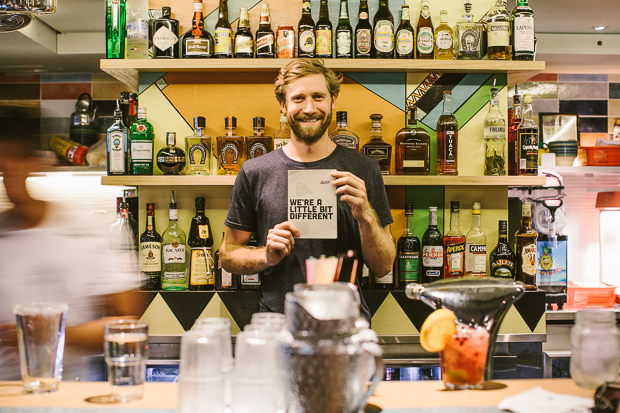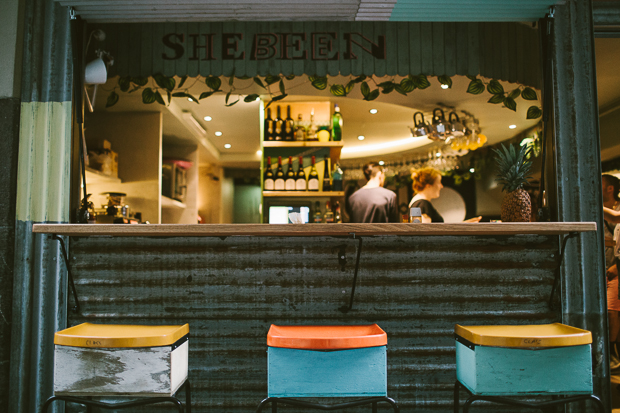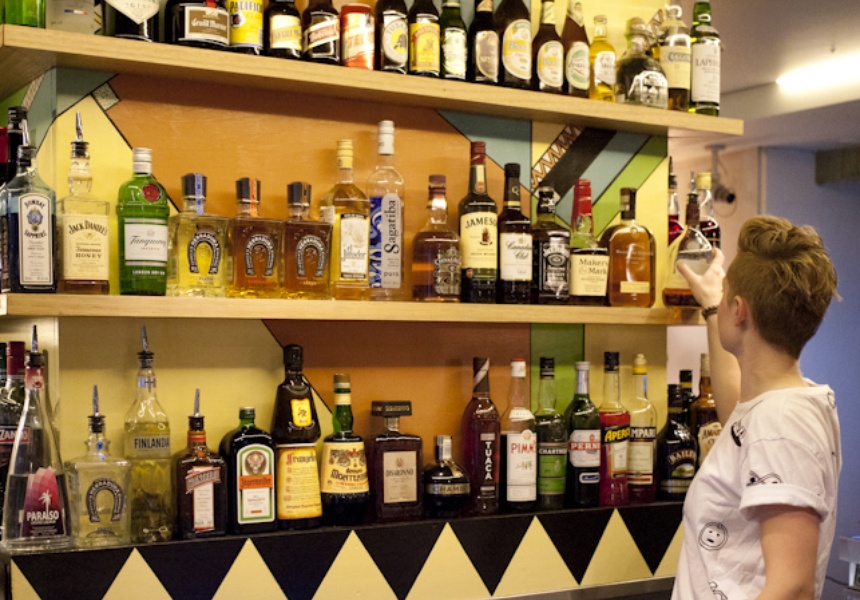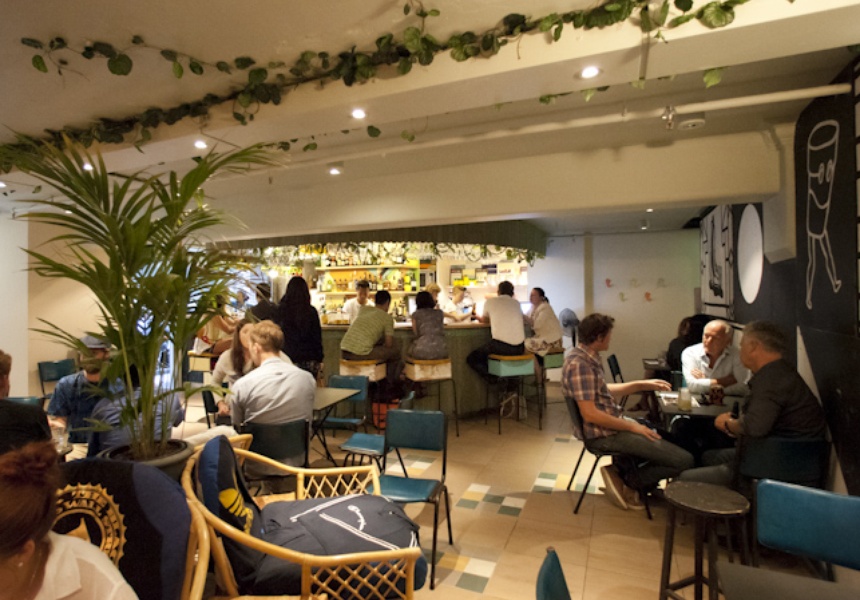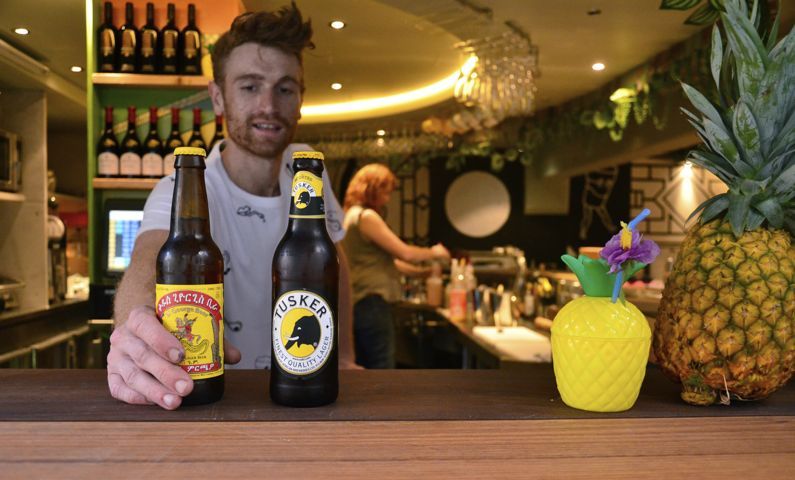
International Development
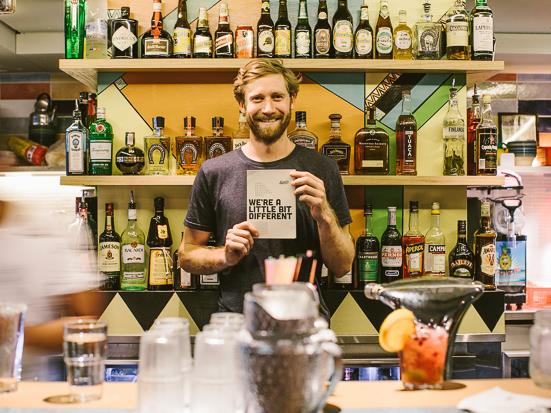
Three Cheers for a Better World!
There is a unique bar in Melbourne, Australia, where customers can contribute to the world while savoring Vietnamese baguette, coffee or drinking exotic brews. Welcome to the renowned Shebeen, located on 36 Manchester Lane.
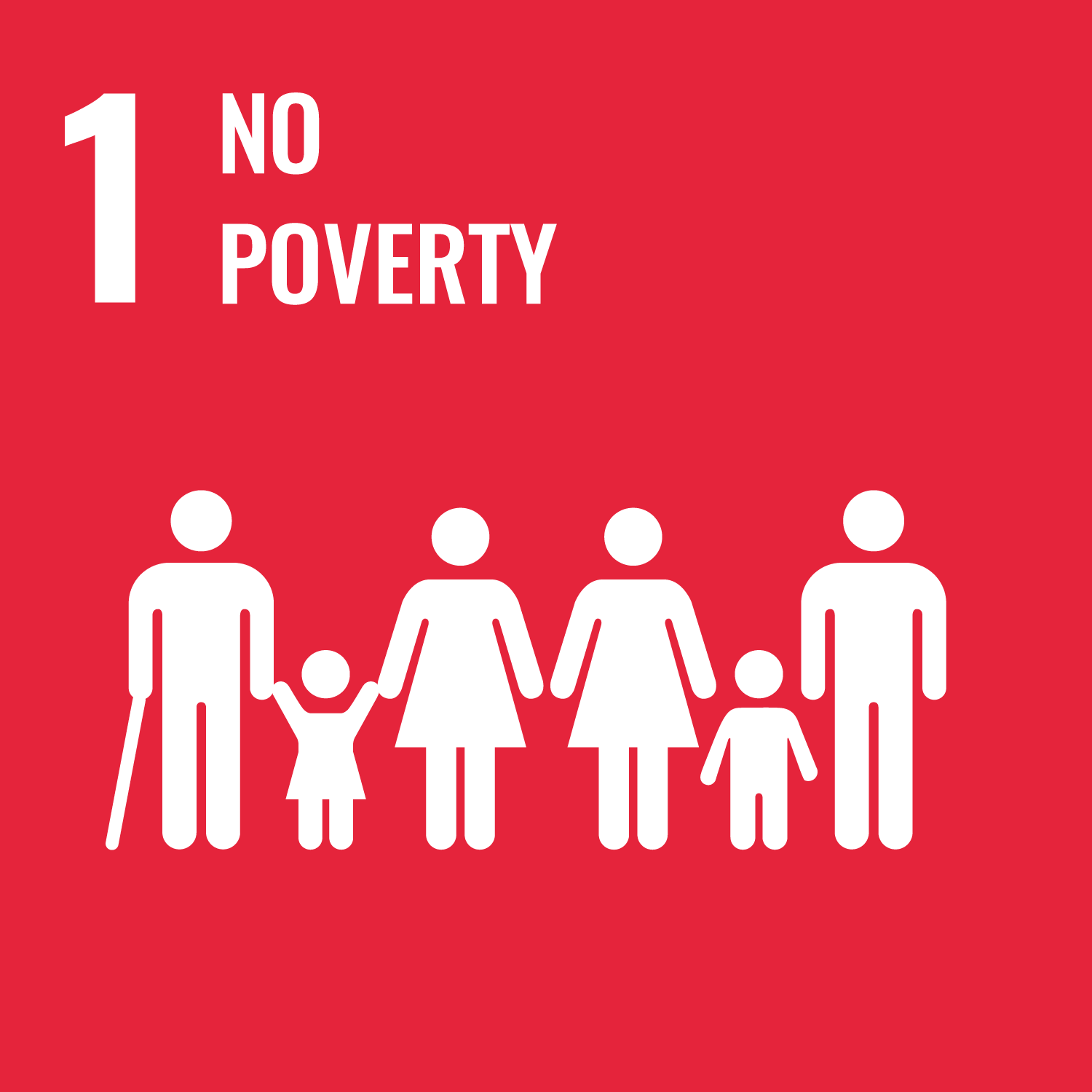

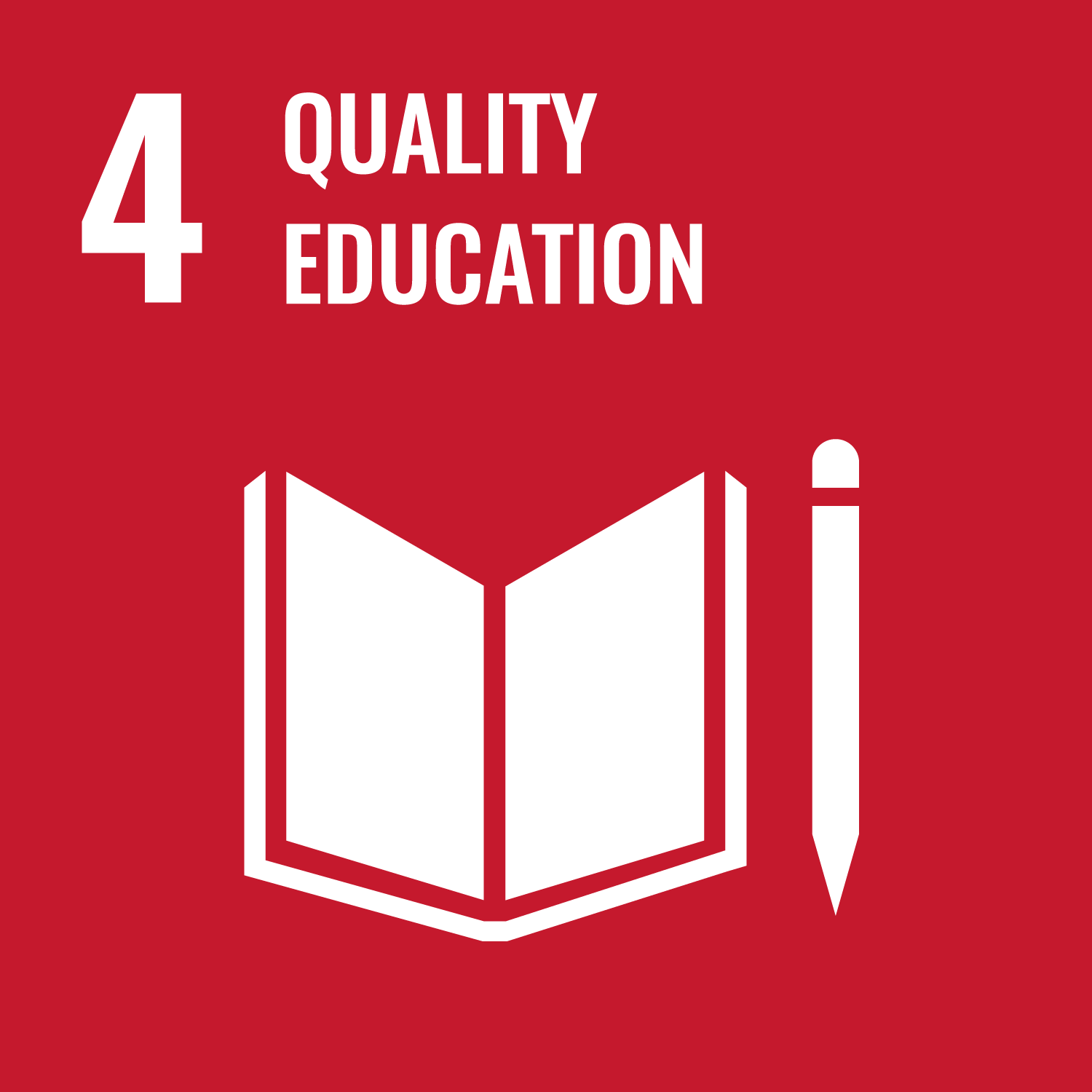
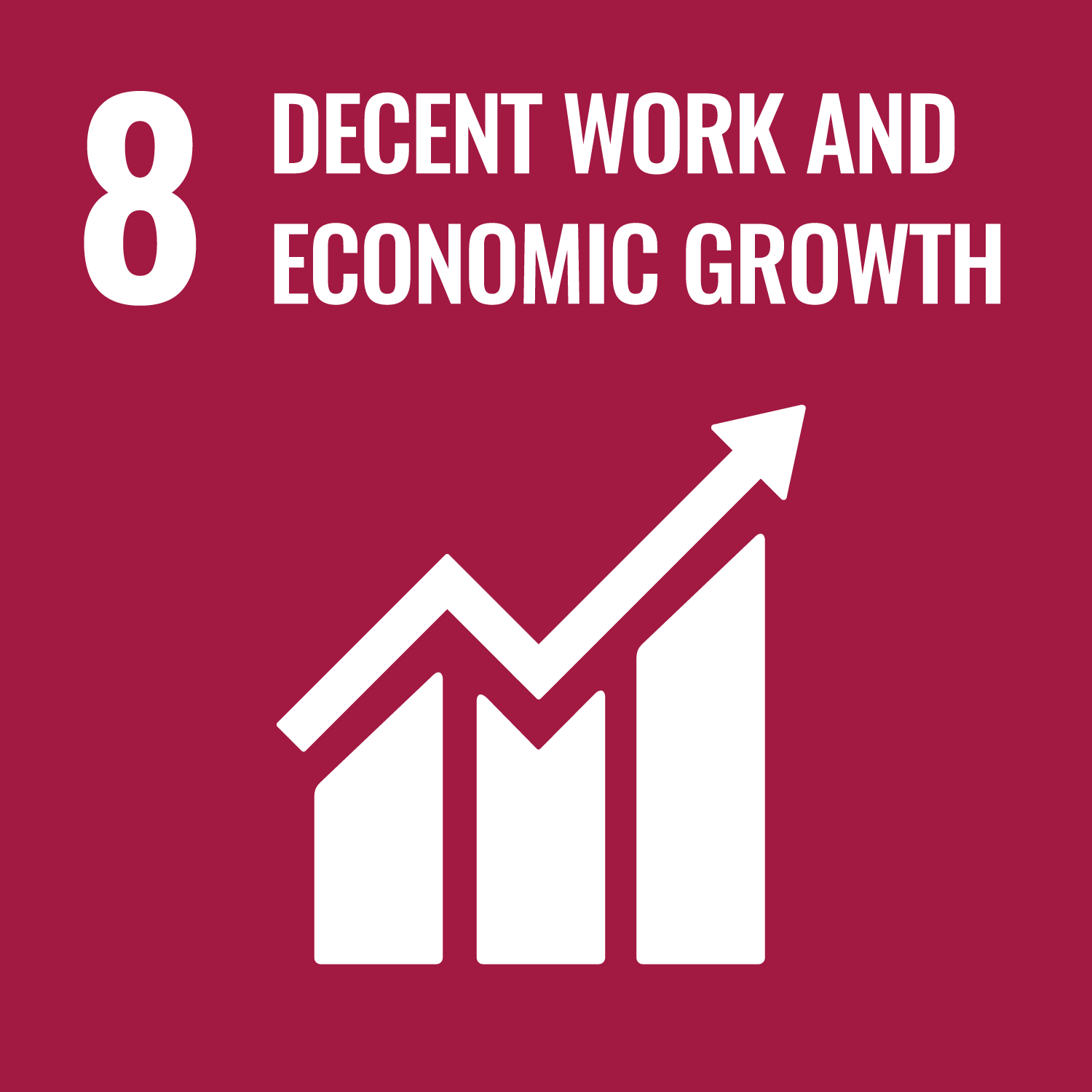
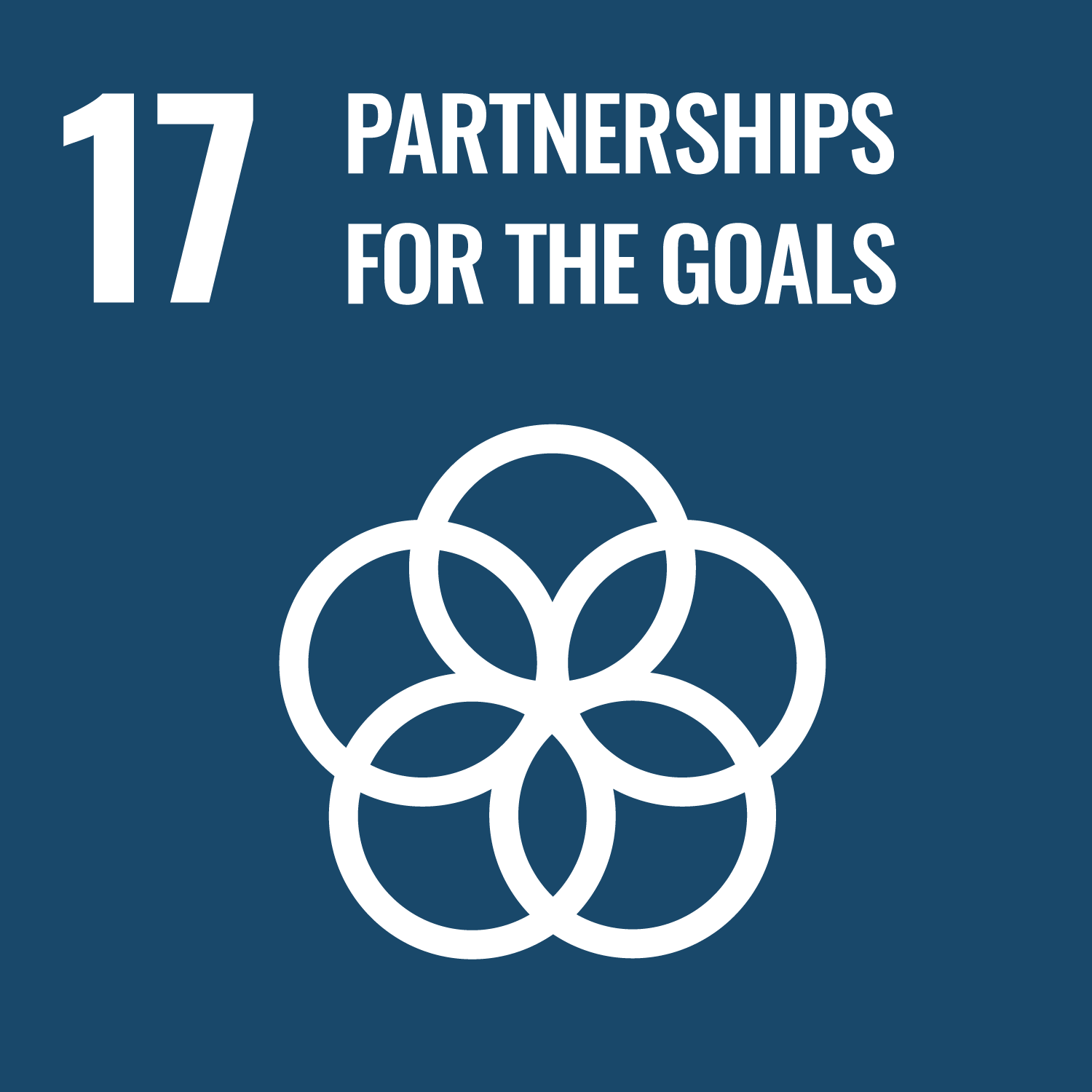
Edited by: Huang Yu-Jung
There is a unique bar in Melbourne, Australia, where customers can contribute to the world while savoring Vietnamese baguette, coffee or drinking exotic brews. Welcome to the renowned Shebeen1, located on 36 Manchester Lane.
The founder of Shebeen – Simon Griffiths has always been passionate about improving the society. After receiving his double degree in engineering and economics from The University of Melbourne, he turned down a coveted management consultant job opening at McKinsey & Company and followed his ambition to establish Ripple.org, a social enterprise with a couple of his buddies. In 2007, they flew to South Africa to lend assistance in local development projects. However, he discovered that development organizations in Sub-Saharan Africa are faced with the common problem of insufficient capital; he believes that the world needs a different approach to charity; therefore, the fundraising method must be transformed from the ground up in order for public welfare businesses to overcome the financial predicament.
One day, when he and his college mate Zanna McComish were chatting at a seaside bar in Tanzania, Zanna said, “A glass of warm beer and shabby chair makes a surprisingly comfortable combination, it’s incredible. If we can replicate this ambiance in Melbourne, we can sell beer and use the profit to help the development projects.” Such simple and pure idea resulted in the birth of Shebeen.
Simon Griffiths wants to solve more than just economic problems but also social problems. In 2008, after he returned to Australia, he started putting together a business model and invited numerous friends who have been involved in the catering business for a number of years to join in. Although the budget was tight, thanks to gratuitous services rendered by volunteers from different industries, aspects of Shebeen such as interior design, graphic design and bar license application were taken care of. After four or five years, with capital sponsored by 25 social investors and cooperative suppliers, the unique Shebeen bar was finally opened successfully.
When you walk into the bar, the shop assistant may ask you with a smile which country you wish to help, what the recommended project are or perhaps you would like to order the things you like directly. Shebeen offers at least 12 types of beers, an assortment of wines, coffee and meals daily. Liquors such as tequila are imported from 11 developing nations. Each month, after deducting costs such as store rent and employee salaries, the remainder is donated to development projects in the countries from where the products are imported. At Shebeen, each glass of margarita, each serving of smoked tofu and beef or pork salad, or even each bite of blue cheese indirectly help 11 developing countries to improve the lives of local residents. For example, Ethiopian beer provides farming implements for farmers in remote regions, while South African red wine donates books to students in KwaZulu-Natal, South Africa.
Shebeen is involved in a plethora of projects; in addition to improving the literacy rate of schoolchildren in Asia and Africa, women are also given an opportunity to receive education. The projects benefit many people in different countries, including helping underprivileged youths in Cambodia, Laos or Kenya to obtain employment, helping small farmers in Sub-Saharan Africa to develop innovative agriculture, prevent mother to child transmission of HIV in Africa, providing reading glasses for economically disadvantaged communities in developing countries and providing loans for independent farmers in Africa or Latin America in order to help them achieve financial independence.
In order to ensure every penny donated is put to good use, before Shebeen decides whether to collaborate with the social enterprise presenting the proposal, we will examine the effectiveness of the proposal in improving social problems and evaluate the level of influence. After stringent selection, Shebeen currently works with seven social enterprises; the profits are allocated to sponsor various cooperative projects according to the sales ratio of the products in an effort to mitigate social problems in developing nations.
“We’re a little different, in most parts of the service industry the employees work for the boss, but since we are a non-profit bar, there is no boss, and our employees are usually attracted by our public welfare endeavors. The similar phenomenon is reflected on our patrons, where a very different chemistry is created by combining the two.” As a result, a joyous atmosphere always permeates in Shebeen. Besides serving meals, the service staff is also glad to introduce a variety of wines and projects or discuss different social problems with our customers.
When Simon Griffiths, the owner of the unique bar received the interview, he expressed “The two most exciting things for me are ideas that are so brilliant yet so simple you can't believe you didn't think of them yourself, and when someone tells me I can’t achieve something! So I started exploring such consumer-oriented public welfare consumption to seamlessly combine public welfare with consumption activities in creating Shebeen and Who Gives A Crap.” Believe in yourself and make the transformation come true. Social welfare is really simple; just keep charitable thoughts in your head and do what you can. Tonight, let us make the world a better place with our friends! Cheers!
Note:
1Shebeen: In the old South Africa, legal bars and nightclubs were reserved exclusively for white people; therefore, unlicensed bars (Shebeen) became an alternative for blacks in Africa. Subsequently, it transformed into a venue for meeting sponsors and discussing politics, social affairs or sports. Now, Shebeen has been legalized in South Africa, but its development history has endowed it with a different cultural meaning in South Africa and it has become a very important part of South African culture.
Reference:

This work is licensed under a Creative Commons Attribution-NoDerivatives 4.0 International License.
Please attribute this article to “Workforce Development Agency, Ministry Of Labor”.

